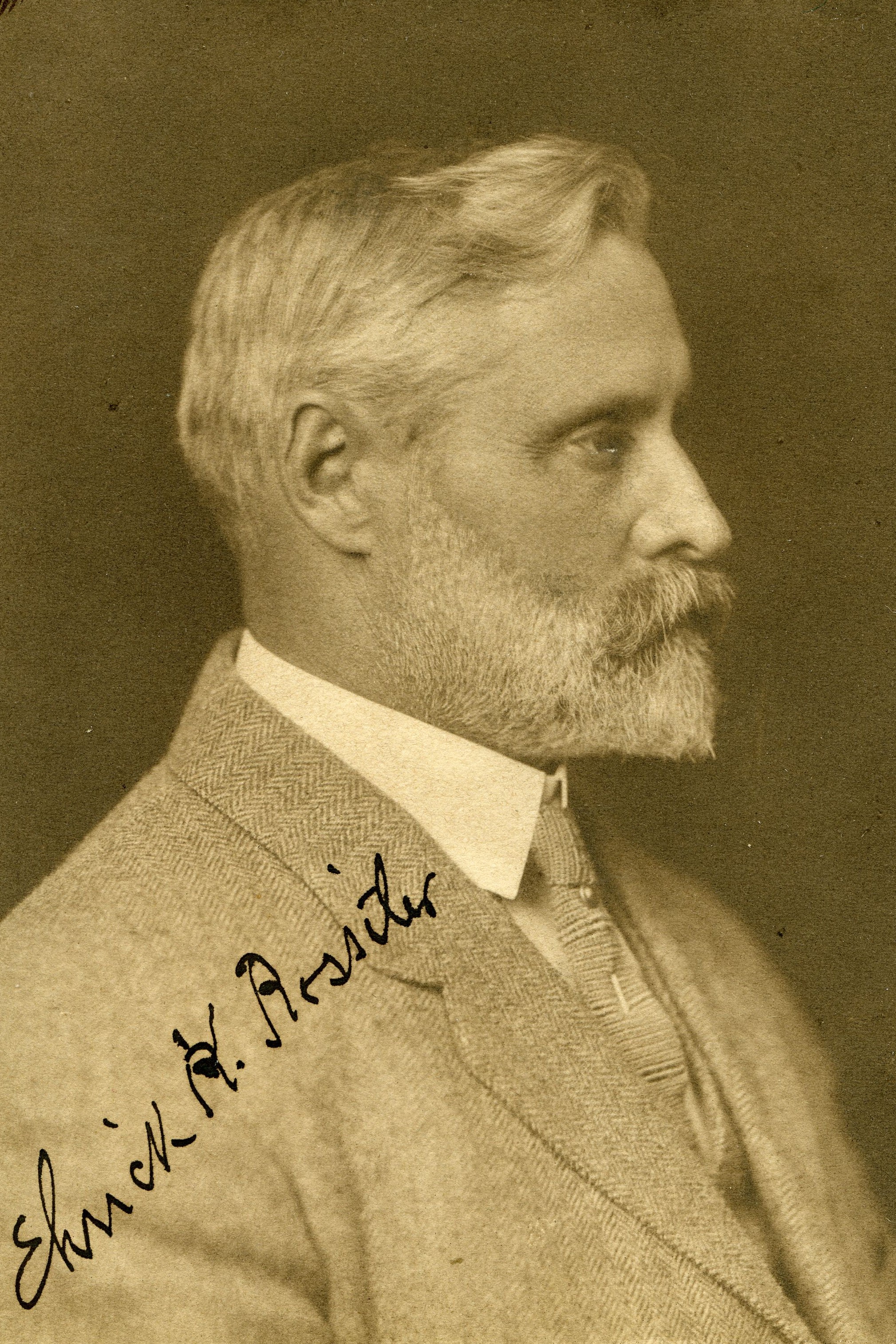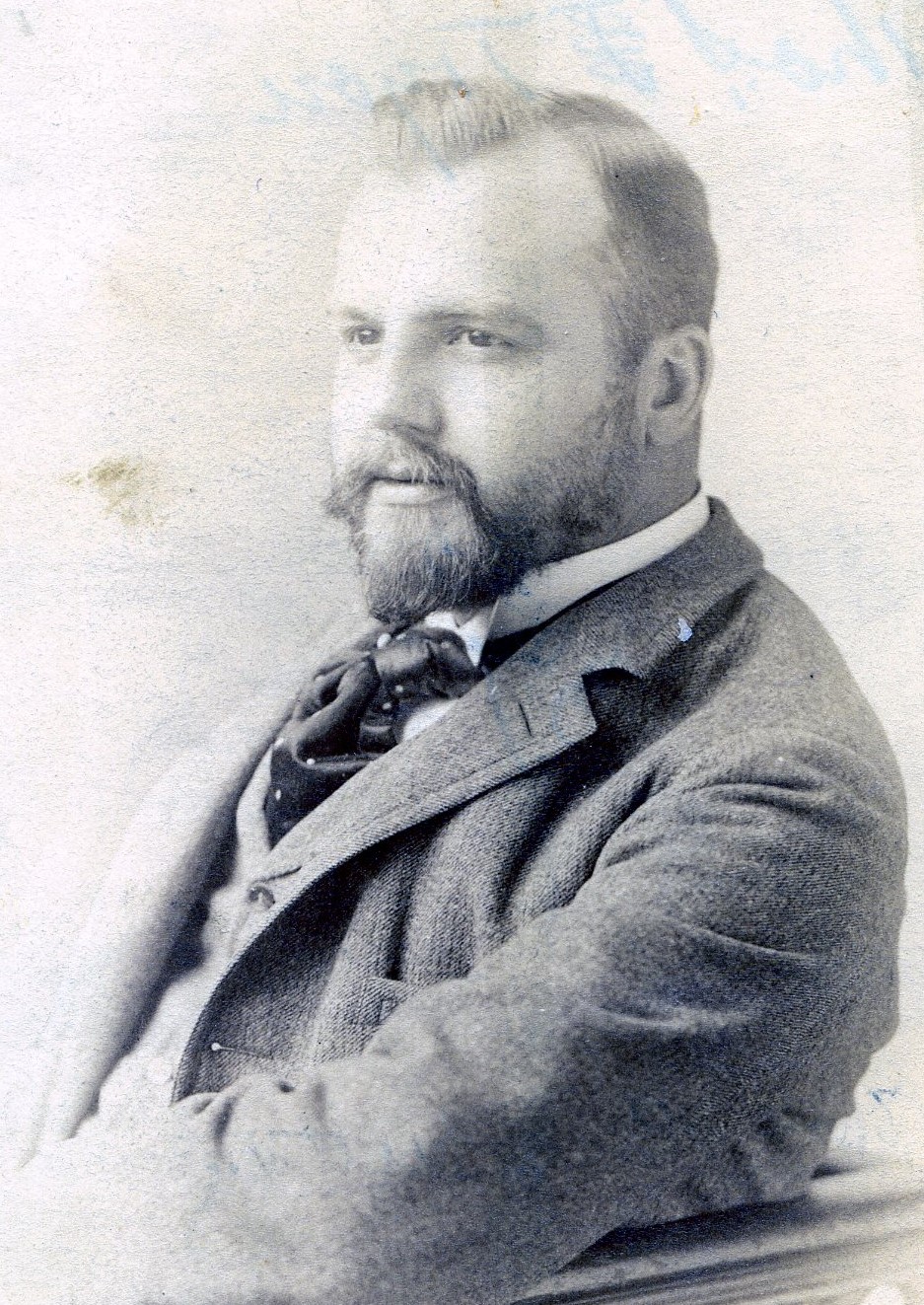Member Directory,
1847 - 1922
Walter Gordon Merritt
Lawyer
Centurion, 1916–1968
Ehrick K. Rossiter and Thomas Tryon
Danbury, Connecticut
Danbury, Connecticut
Age thirty-six
New Fairfield, Connecticut

Century Memorial
Once in a while a lawyer becomes famous from one case; Walter Gordon Merritt was one of them. He was born in Danbury, Connecticut, and his father was in the hat business. Just after he had graduated from Harvard in 1901, a national hatters union began a boycott of his father’s company, almost ruining it. He wrote a widely read pamphlet against the boycott and, after graduating from the New York Law School in 1903, he took the union to court. After twelve years the Supreme Court of the United States, in the famous Danbury Hatters case, upheld Merritt’s contention that a union-sponsored boycott is a monopolistic violation of the Sherman Antitrust Act.
Strikers’ homes as well as union funds were attached to satisfy judgments against the union and its members, but a national fund-raising campaign by union sympathizers saved the workers’ homes. The case led to the passage by Congress of the Clayton Act, which, among other things, freed unions from prosecution as monopolies.
The case made Merritt somewhat unjustifiably known as an enemy of labor, and for many years he was consistently retained as counsel on the management side of labor disputes, yet as time passed he mellowed, and in 1949 the Realty Advisory Board on Labor Relations, which represented New York City’s building owners and landlords, actually canceled Merritt’s retainer on the ground that in union negotiations he was not sufficiently tough.
In 1951 he wrote Destination Unknown: 50 Years of Labor Relations, a balanced account of his half century’s concern with the labor movement. In the preface he wrote:
“In the small New England town of Danbury I could not see the right of a nationwide union to destroy my father’s small business, but I did see the need to strengthen the dignity and power of the working man. I think I can truthfully say that I detested antiunionism and believed that the normal growth of unions in the sunlight of liberty was overwhelmingly important to the progress of democracy. Unions, it seemed to me, should repel the revolutionary spirit and plan to live within the framework of our laws—or, as I later announced in an address before M.I.T., where I shared the platform with Calvin Coolidge, ‘Government by strike should perish from the earth.’”
He was also the author of numerous magazine articles on labor relations.
Merritt was a senior member of the firm of McLanahan, Merritt and Ingraham, later Windels, Merritt and Ingraham. He was a director of the Legal Aid Society, a member of the board of managers of the Danbury Hospital, and was awarded the outstanding achievement certificate of the Gunnery School in 1955.
He belonged to the Cosmos Club in Washington and to the Harvard Club in New York. With an office in Wall Street and a home in New Fairfield, Connecticut, where for many years he was chairman of its planning and zoning commission, he was not, although he would have liked to have been, a frequenter of The Century. When he died in 1968 at the age of eighty-eight, he had been a member for fifty-two years.
Francis T. P. Plimpton
1973 Century Association Yearbook


